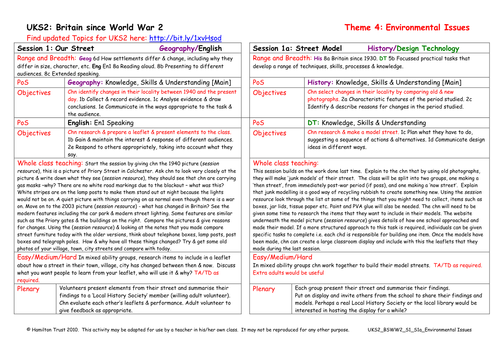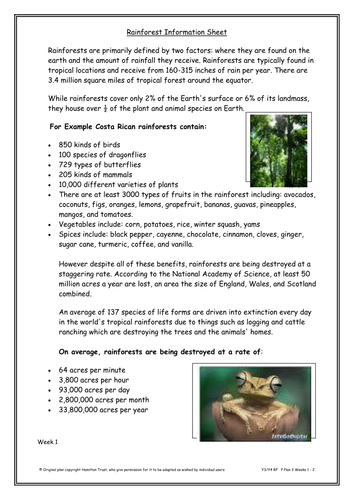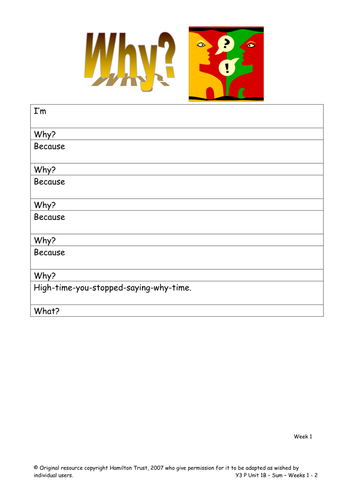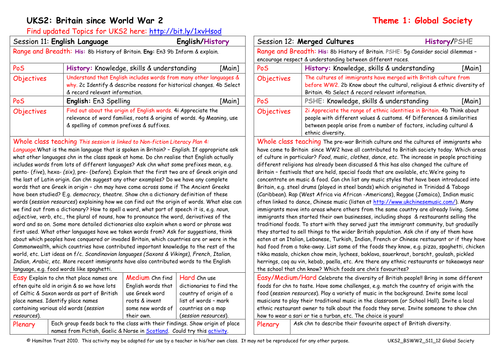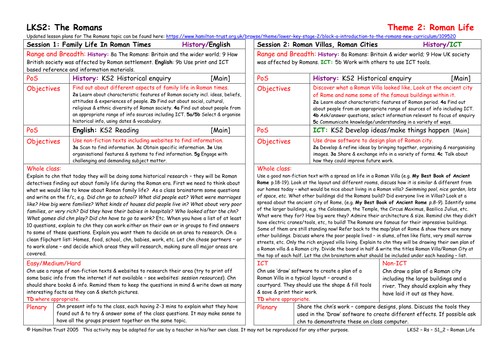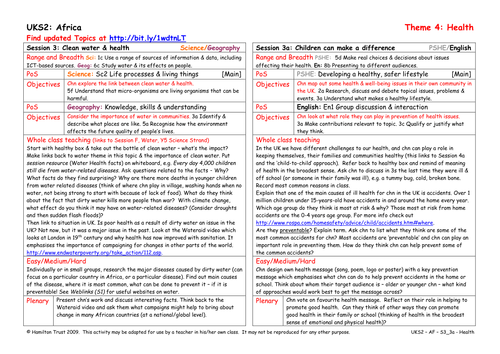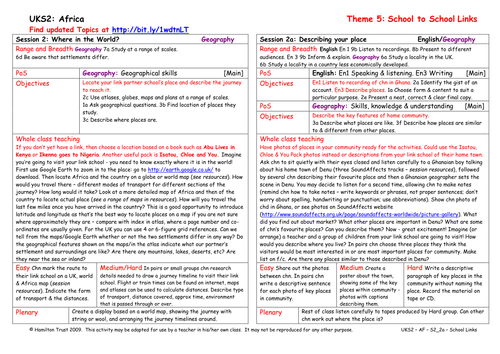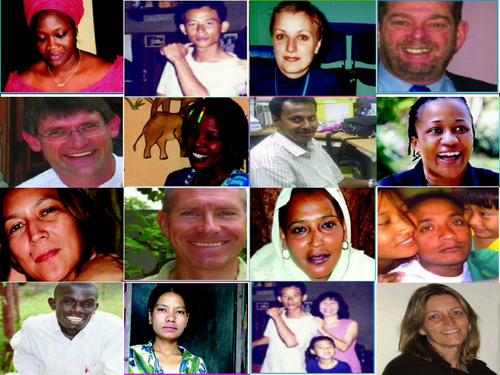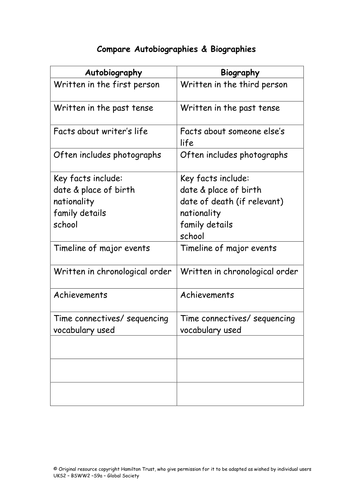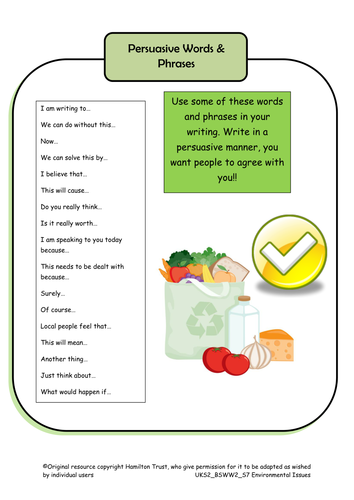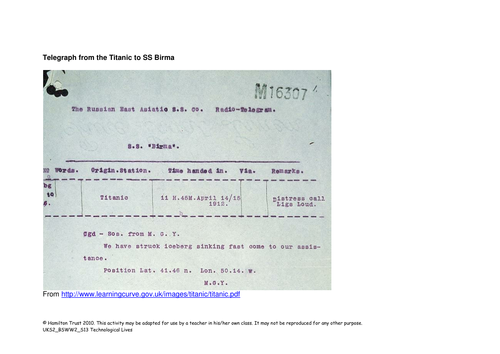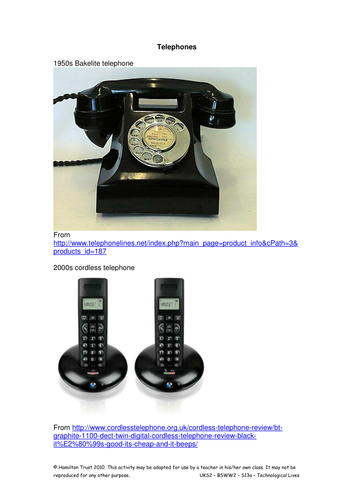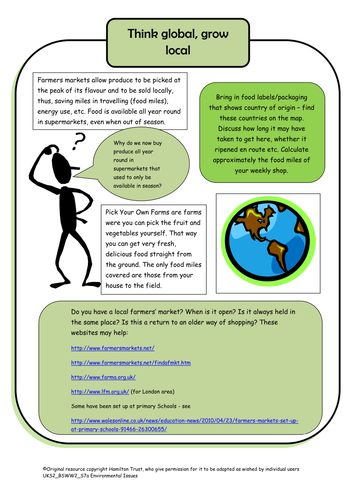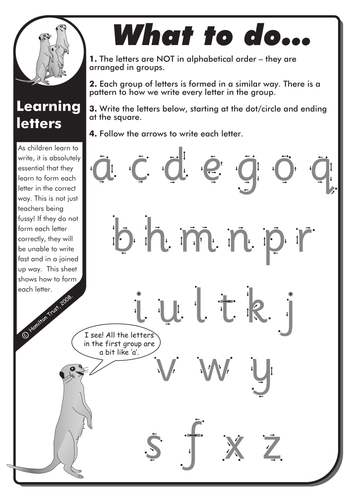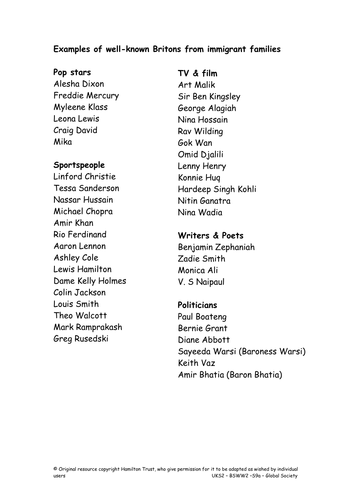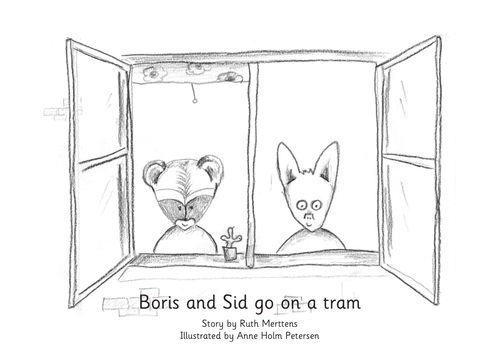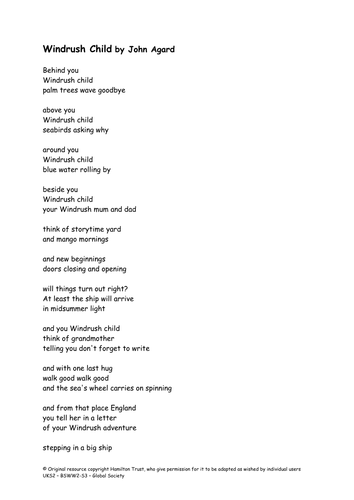
397Uploads
10060k+Views
11655k+Downloads
English

Our Street
Children look at streets around the school, houses, shops and street furniture. Compare today with the 1940s. Use old photos of home town/village or city as resources. Children produce a leaflet showing how their street has changed between then and now.

Rainforests - Creating Images weeks 1 - 2
This poetry unit allows children to explore the wonderful array of rainforest animals. They use two poetry books to explore different features and go on to use these as structures their own poems. They have fun performing their poems to other children in the school
Suitable for years 3 and 4.

Yr 3 Unit 1B Performance and Favourite poets
Two fun weeks of performing and reviewing poetry. Children read, listen to, write, learn and perform simple ‘conversation’ poems.
They study and discuss a wide range of poems and write a review. A class book of favourite poems is made!

Selling Your Eco House
Estate agents are people who help us to sell our houses. Children will design an Estate Agents brochure to help them to sell their eco house. Discuss the use of persuasive writing. Create three forms – brochure, newspaper ad and online brochure.

Making A Link
Discuss the reasons why linking with a school in Africa is important & emphasise its importance in helping to fulfil the Millennium Development Goals. Chn tackle a CAFOD activity to act as advisers to an aid agency distributing funds to suitable projects.
Suitable for years 5 and 6.

English Language
The English language contains words from many different languages. Children investigate old Saxon and Celtic words used in British place names, Greek prefixes and word roots that are used in English words and words that have been introduced from other languages.

Family Life In Roman Times
This session begins some work on family life in the Roman Empire. Children prepare for, and then carry out their own research. Each group picks an aspect of family life and then use the internet as well as books and information sheets to find out some facts.
Suitable for years 3 and 4.

Children can make a difference
Children research what are key health issues for their own class. Focus on accidents and how they can be prevented. Understand concept of preventable and how children can play an important role in prevention
Suitable for years 5 and 6.

School's Out!
What do children do when they are not in the classroom? At playtimes, evenings and weekends? Discuss sport, games and hobbies. Write instructions for a playtime game or making a craft object to send to their link school friends. Try an African game or craft.
Suitable for years 5 and 6.

Describing Your Place
Listen carefully to some children in Ghana describing their home town or use descriptions from your link school friends of their town. Imagine the teacher and some children from your link school are going to visit your town! Describe the places they should visit.
Suitable for years 5 and 6.

HIV: Kishe’s Story
Return to MDG 6, and focus on HIV and AIDS. Children read a story of a young orphan, Kishe, and reflect on her life story and the wider impact of HIV across generations.
Suitable for years 5 and 6.

Biographies
Discuss biographies and autobiographies and list the features of each showing diffs. Chn write a fact file or biography of one of well-known immigrants or descendants of immigrants identified in S10. Make class books for other children to read in school library.

Shopping Bags
Food was bought locally and regularly in small shops after WW2. Assistants picked and weighed food for you, there was very little packaging as paper bags or your shopping basket were used. Children write a letter to persuade shops not to use plastic bags.

Telegrams
Children look at old telegrams and then write their own about an important event to the British Prime Minister of the day.

Telephones
Children order pictures of old telephones. They decode, then write mobile ‘phone text messages.

Think Global, Grow Local
Discuss Farmers Markets and Pick Your Own food taking into consideration food miles, energy use, carbon footprint and produce. Calculate food miles involved in weekly shop (using labels and packaging from supermarkets). Children write an acrostic.

Year 1 - Fiction 1: Stories with familiar settings
Use the story of Knuffle Bunny, by Mo Willems, to inspire children to write a story about their favourite soft toy. Practise forming upper and lower case letters. Use capital letters for names and to start sentences. Investigate words ending in 'le' and words containing /oy/.

Well-Known Immigrants
Most immigrants who have come to Britain have brought skills with them. Many immigrants or descendants of immigrants have become well-known in the fields of sport, entertainment, politics and the professions. Children research and list examples.

Year 1 Fiction 3: Stories with repeating patterns and counting stories
Read a story with repeating patterns, Bringing the Rain to Kapiti Plain, by Verna Aardema. Retell the story using flow charts, write describing words and punctuate sentences. Read two counting stories Handa’s Hen by Eileen Browne and We All Went on Safari by Laurie Krebs, before guiding children to write their own. The Hamilton Group Reader, Boris and Sid go on a tram, is used to develop confidence in reading aloud.

Windrush
Read the poem Windrush Child by John Agard and get children’s reactions. Give brief history of SS Windrush’s journey to Britain in 1948. Children either mark the journey on a map or answer questions about photographs to do with Caribbean immigration on the Windrush.

